What is CNC Machining? An Essential Guide to How CNC Machines Work
- kevin herring
- Oct 5, 2024
- 3 min read
In today’s fast-paced manufacturing landscape, CNC machining has become a vital process for producing precise, high-quality parts. From aerospace to medical devices, CNC technology is crucial for industries that demand accuracy, efficiency, and repeatability. But what exactly is CNC machining, and how do these machines work? This guide breaks down everything you need to know about CNC machining.
What is CNC Machining?
CNC stands for Computer Numerical Control. It refers to the use of computers to automate the
control of machine tools like lathes, mills, routers, and grinders. CNC machining allows for highly precise cutting, drilling, and shaping of materials like metals, plastics, and wood, enabling manufacturers to produce intricate parts with tight tolerances. The beauty of CNC machining lies in its ability to turn complex designs into reality with minimal human intervention.
How Do CNC Machines Work?
CNC machines operate using a step-by-step process that involves both software and hardware. Here’s a breakdown of how they work:
Design Phase (CAD) The process begins with creating a 3D model of the part using Computer-Aided Design (CAD) software. This model is the blueprint that defines the shape, size, and specifications of the part.
Programming the Code (CAM) Once the design is complete, Computer-Aided Manufacturing (CAM) software translates the CAD model into a set of instructions or G-code that the CNC machine can follow. The G-code includes detailed commands for tool paths, cutting speeds, and movement.
Machine Setup After the code is generated, the appropriate cutting tools are installed, and the raw material is clamped into place on the machine. The machine operator ensures that everything is aligned for precision.
Execution The CNC machine reads the G-code and begins machining the part. It precisely controls the movement of the cutting tools, removing material from the raw workpiece to achieve the desired shape.
Inspection Once machining is complete, the part undergoes inspection to ensure it meets design specifications. This may involve both manual checks and automated tools like Coordinate Measuring Machines (CMMs).
Types of CNC Machines
Several types of CNC machines are used for different tasks, each suited to particular operations:
CNC Milling Machines: Utilize rotating cutting tools to remove material from a workpiece, creating detailed shapes and surfaces.
CNC Lathes: Rotate the workpiece while a cutting tool shapes it, perfect for creating cylindrical parts like shafts and screws.
CNC Routers: Often used for cutting softer materials such as wood or plastic and are common in the furniture and sign-making industries.
CNC Plasma Cutters: Use plasma torches to cut through metals, often used for large, flat materials.
The Benefits of CNC Machining
Precision: CNC machining allows for incredibly tight tolerances, making it suitable for industries that require high accuracy.
Efficiency: Once programmed, CNC machines can produce parts much faster than traditional manual methods.
Repeatability: CNC machines can produce identical parts repeatedly, making them ideal for large production runs.
Flexibility: With the right programming, CNC machines can handle complex designs and quickly switch between different jobs.
Lower Waste: CNC machining is more efficient and reduces material waste compared to traditional methods.
Where to Find CNC Machining Companies in the UK
If you're looking for precision engineering companies in the United Kingdom that offer CNC machining services, Manufacturers Hub is an excellent resource. It’s a comprehensive directory that connects you with top-tier CNC machining companies across the UK, including firms that specialize in tooling and precision engineering. Whether you need small-batch prototypes or large-scale production, Manufacturers Hub can help you find the perfect partner for your machining needs.
Conclusion
CNC machining is a transformative technology that plays a key role in modern manufacturing. By automating complex machining tasks, it ensures precision, efficiency, and consistency across various industries. Whether you're new to CNC machining or looking for a trusted provider, understanding how this technology works is the first step toward leveraging its benefits for your business.
For those in the UK, Manufacturers Hub offers access to top CNC machining companies, helping you find the expertise needed for any precision engineering project.



Comments